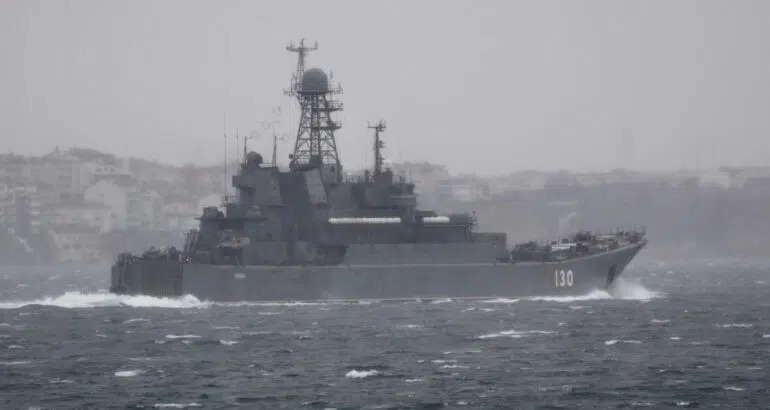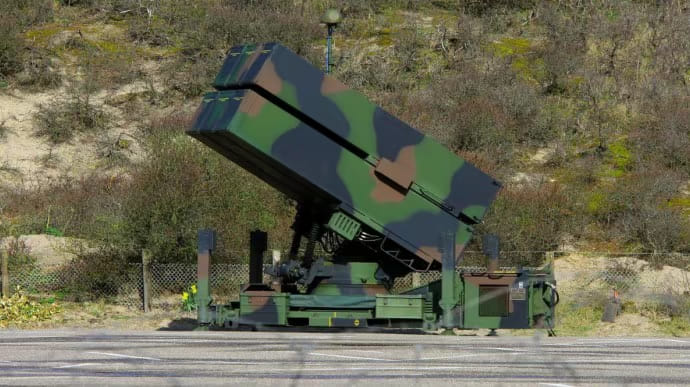Türkiye straits closure contributed to thwarting Russian naval assault on Ukraine’s ports, diplomat says
"Turkey's decision to close the straits prevented Russia from leveraging its maritime superiority to seize Odesa, Mykolaiv ... through operations from the sea," Ambassador Bodnar stated.


Combined with Ukraine’s successful defense operations, Türkiye’s strategic closure of the Bosphorus and Dardanelles straits in 2022 played a crucial role in preventing Russia from capturing key Ukrainian port cities, Ukrinform reports.
Ukraine’s Ambassador to Türkiye Vasyl Bodnar told Ukrinform that the implementation of the Montreux Convention since the outset of the ongoing all-out war has been instrumental in protecting Ukraine’s Black Sea coast.
“One of the key stages of Ukraine’s defense was Türkiye’s closure of the Bosphorus and Dardanelles straits,” Bodnar said.
The ambassador explained that following the sinking of the Moskva, two additional Russian cruisers remained stationed in the Mediterranean Sea, unable to enter the Black Sea.
“I believe Türkiye’s decision to close the straits prevented Russia from leveraging its maritime superiority to seize Odesa, Mykolaiv, and other territories that, according to Moscow’s plans, were to be occupied through operations from the sea,” Bodnar stated.
Additionally, Türkiye has emerged as a vital transport hub for Ukraine, Bodnar noted. He highlighted improved logistics arrangements, saying,
“Today, a visa-free regime is in place, allowing Ukrainian companies to move critical cargoes from Turkish and other ports through Turkish territory without needing additional licenses or permits.”
Related:
- UK intel: Russia’s fleet forced to change area of operation, but retains ability to support land operations
- Ukraine scales up production of advanced Neptune missiles
- Memorial reveals 34 Russian sailors died in 2023 Novocherkassk ship sinking
- Russian Black Sea Fleet missile ships commander killed in Sevastopol car bombing, source says
- Russia’s Black Sea Fleet stays outside Crimea due to threat of Ukrainian strikes
- Meet “Russian disease,” the centuries-old corruption plaguing Ukraine invasion
- Does Russia face military collapse by 2026? Inside Ukraine’s strategic assessment
You could close this page. Or you could join our community and help us produce more materials like this.
We keep our reporting open and accessible to everyone because we believe in the power of free information. This is why our small, cost-effective team depends on the support of readers like you to bring deliver timely news, quality analysis, and on-the-ground reports about Russia's war against Ukraine and Ukraine's struggle to build a democratic society.
A little bit goes a long way: for as little as the cost of one cup of coffee a month, you can help build bridges between Ukraine and the rest of the world, plus become a co-creator and vote for topics we should cover next. Become a patron or see other ways to support.



